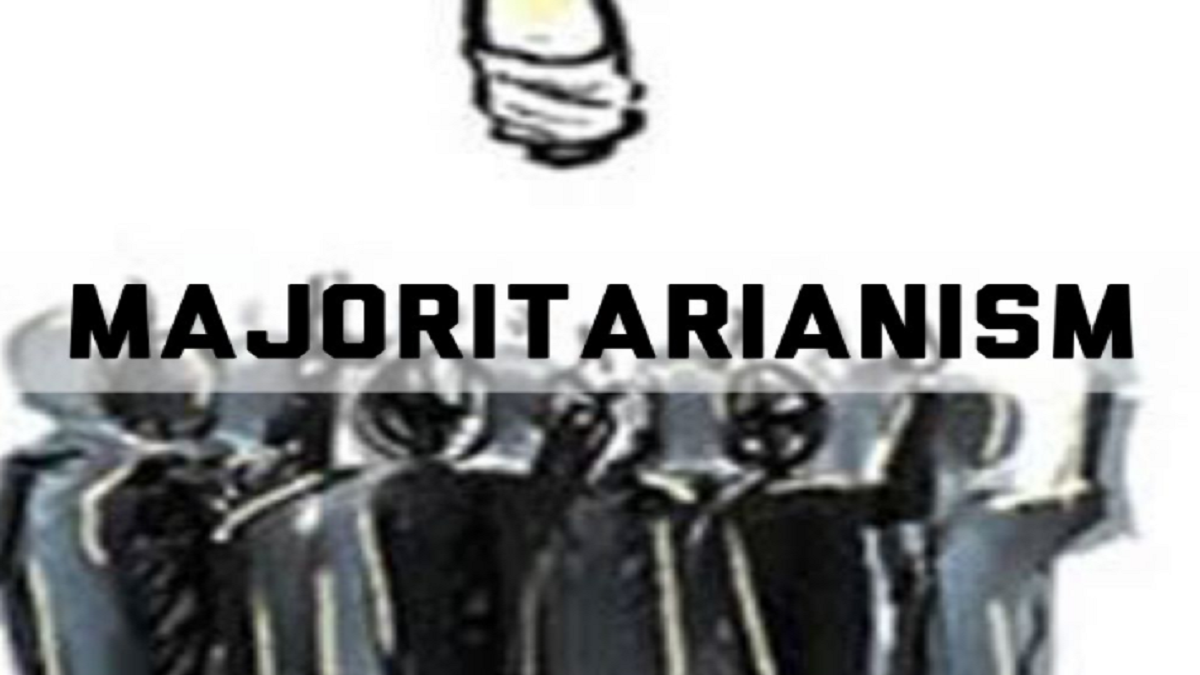The last 30 years have seen mass migration to many parts of the world. Hunger, wars, ethnic conflicts and lack of opportunities are all causes for people migrating to countries where they might find safety and economic prospects.
The pattern in Western Europe, which has seen a massive influx of immigrants, is that of welcome by the original inhabitants of the nation, sometimes known as natives, though it was a word reserved for the people of the countries that were colonised by Britain.
The East African people of Indian origin, who were expelled from Uganda and also those who had to leave countries like Kenya and Tanzania, received a warm welcome from the government as well as the people of Britain. As the years roll by, the migrant community becomes confident, and with the goodwill and support of many institutions, they grow in confidence. They begin to excel and reach the skies.
A multitude of laws is made to stamp out any discrimination. What starts off as a perfectly right thing to do turns into an industry. Diversity becomes the buzzword. From jobs in law firms to jobs in the armed forces to every other institution, ethnic diversity is aspired for.
The faiths, traditions and the cultures that the immigrants brought with them are given every opportunity to flourish. So far, so good. However, quite a significant number of academics, politicians and those of a secular outlook from the indigenous majority begin to see their fellow natives as a problem.
A scenario is created whereby a majority just because it is a majority is seen as intrinsically racist or at fault. The kindness and empathy with which ordinary people helped the new arrivals is not acknowledged and instead, negative stories become folklore! People remember notices on houses refusing accommodation to migrants but do not remember that there were tens of thousands from the host community who volunteered with teaching English, finding work, connecting with the National Health Service and countless other needs that new arrivals have. Any expression of the symbols of the indigenous community or its traditions is seen as a problem as they might hurt the feelings of the minority! An example is a phase that this country went through a few years ago when Christmas card greetings were replaced with “season’s greetings”!
This phenomenon is prevalent not only in Europe but also in many countries where minorities have lived for a long time. The message is that you might be a majority but you cannot champion the ethos of what makes you a nation. Your expression of national pride or the perfectly reasonable expectation that the minorities respect some of your deeply held values is seen as the majority indulging in minority bashing! This is what I call the majority phobia! The majority is at fault just because it is the majority!
The result is that attitudes harden and the minorities› interests are harmed by the very people who champion their cause. When attitudes harden and the goodwill of the majority is lost, no amount of laws can put it right. The other problem is that the victim syndrome gets to hold on and it impedes the progress of whole communities.
A majority of a country is defined by its cultural and spiritual heritage. It signifies who they are and it is incumbent upon the minorities to acknowledge and respect the special characteristics of the nation they have made their home. The notion that a majority is always at fault is a false notion.
Minorities can also be wrong and unreasonable and when conversations are closed down due to political correctness the whole nation loses out. Majority phobia, a term I have coined, is quite prevalent and needs to be acknowledged!
In India, majoritarianism has become a buzzword for the secularists and Left-wing liberals. How dare the Hindu majority aspire for any recognition of the ethos they claim? It is an anathema for them to acknowledge the heritage and history of the Hindus who have been the inhabitants of the country for thousands of years. All countries of the world proudly celebrate their spiritual and cultural heritage. The United Kingdom is a multicultural nation with minorities from a huge number of countries. They practice their faith freely but the nation is officially Christian. The Queen is the head of the Church. The Church plays an active role in all the important events of the country. From the opening of the parliament to performing royal weddings, the Church plays a leading role.
It has bishops in the House of Lords to guide the nation on issues of national importance. No one has any issue with it, not even secularists or liberals. India is not a Hindu nation but it does not mean that the sentiments of the majority should be denied any acknowledgement.
It is the secularists, Left-wing liberals, media outlets and politicians with vested interests who are causing strife between communities. The real pity is that they stifle the progress of communities because they have no real interest in their welfare. Fortunately, minorities in many countries are beginning to realise that they are used as pawns in a battle of ideologies.
Nitin Mehta is the founder of Indian Cultural Centre, London.






















